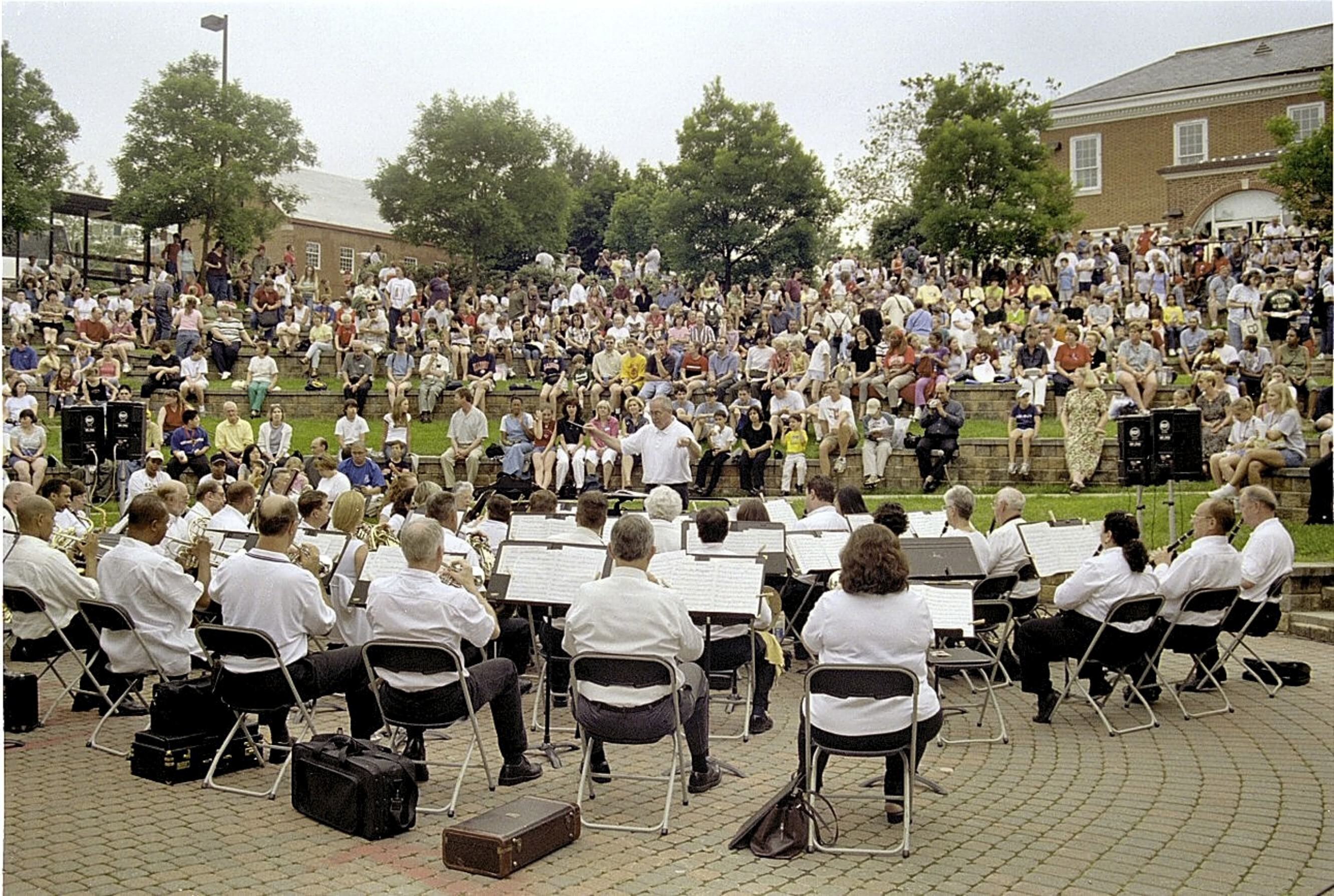Alumni Excellence Awards: Terp Research Award Winner Charles Fefferman '66
Alumni Excellence Awards: Terp Research Award Winner Charles Fefferman '66

By Andrew Faught
As a 14-year-old math and physics major at Maryland, Charles Fefferman got more than his share of double takes from classmates.
“They were actually very nice and tolerated me, even though I was at a different stage of life,” he says. “My professors could not have been nicer. It felt to me like I had an army of private tutors.”
More than six decades later, Fefferman’s legacy is widely known. In the 1970s, he and a small group of researchers created mathematical formulas that led to compression algorithms relied on today by billions of people around the world. The algorithms allow computers and cellular phones to transmit images and audio files without clogging Internet bandwidth.
Mathematics exerts an undeniable pull on Fefferman’s imagination. He does his best thinking first thing in the morning, while still in bed.
“Math is a world that exists in the mind,” he says. “You don’t need equipment, you don’t need to look at the outside world. You just think, and the whole world opens up to you. It’s infinitely deep. There’s always a harder and deeper problem.”
After earning his undergraduate degrees at Maryland, Fefferman went on to earn his Ph.D. in mathematics—at the age of 20—from Princeton University. From there he joined the math faculty at the University of Chicago, the youngest person in the country at the time to hold a full professorship. He returned to Princeton at 24, where he has taught math ever since.
Fefferman’s fascination with the subject started at 9 years old, when he read children’s books on rockets from the Silver Spring Library. But the texts were unfulfilling. “I wasn’t satisfied with children’s explanations, so I checked out a physics textbook,” he recalls. “But I couldn’t understand anything in it, and my father explained to me that it uses math, so of course I couldn’t read it.”
Fefferman, who began taking classes at UMD starting at age 12, nearly wasn’t allowed to enroll at the university. A state law at the time said students must be at least 18. Department of Mathematics then-Chair Leon Cohen threatened to quit if the prodigy wasn’t admitted.
Now in his 70s, Fefferman enjoys watching classic films—“The Seventh Seal” and “The Miracle Worker” being among his favorites—swimming and regular perambulations through the streets of Princeton, N.J.
He also ponders his mathematical contributions, which include advancements in mathematical specialties including partial differential equations and Fourier analysis.
“I hope that some of the problems that I’ve solved will survive,” he says. “Many of them, I think, will be subsumed by future progress, and people will forget about them. But some of them, I think, will survive a long time.”
He's proud of “the very talented students” who have gone on to become first-rate mathematicians in their own right. “I’ve played some part in passing down the wonderful art to the next generation,” Fefferman says.
The profession is always in need of incisive thinkers.
“Nobody has a good grasp on mathematics,” Fefferman says. “Everybody is either working on an unsolved problem, or has just given up.”
###
The Alumni Blog connects you with the latest at UMD. Check out articles on advancing your personal and professional goals, elevating your UMD pride, and celebrating Terp traditions, legacies and accomplishments.
Have an interesting story to tell about yourself or your friends from your days at UMD? Email our team at maycardi@umd.edu for a chance to be featured on the Alumni Association blog.
For even more content, follow the Alumni Association on Instagram, Facebook, LinkedIn and X.

Do Good Spotlight: How Lisa Wiederlight ’90 is Building a Home for Hope

A Legacy Beyond His Years: Alum’s Gift Honors Veteran’s Memory at Maryland

Three Generations, One Stage: Maryland Community Band Turns 30

